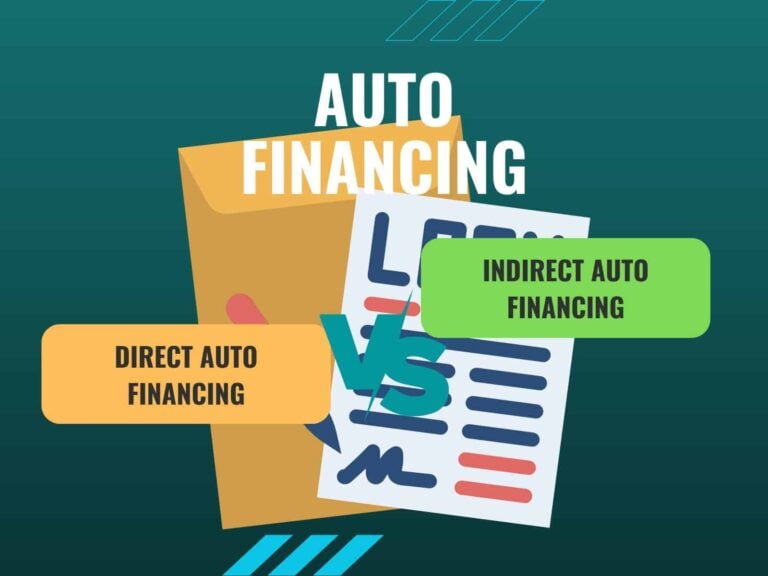Delaware Debt Settlement
We are not attorneys, so if you are considering bankruptcy or need legal advice, please contact an attorney in your state. The information on this page is based on internal research and is not legal advice. Please review with a Delaware attorney before making any decisions.

The state of Delaware, home to approximately 970,000 residents, has the sixth lowest population within the United States while covering an area of 1,982 square miles that places it second smallest in terms of geographic size, larger only than Rhode Island. In fact, Delaware is one of only five states that does not have a single city with a population that exceeds 100,000.
Nonetheless, surprisingly Delaware ranks sixth nationally in population density, with approximately 469 residents per square mile. Delaware was one of the original thirteen colonies that participated in the American Revolution, and on December 7, 1787, Delaware became the first state in the nation to ratify the U.S. Constitution and immediately became known as “The First State,” a moniker that it retains today.
For over a decade, Delaware’s economy has been suffering through a period of industrial decline, having seen a sharp reduction of automotive manufacturing with GM Wilmington Assembly and Chrysler Newark Assembly departing, along with the departure of Evraz Claymont Steel.
Meantime, employee headcount has been slashed at Dupont, while a major buyout of MBNA reduced the state’s financial footprint and AstraZeneca’s declining prominence within Wilmington has also hurt. According to the St. Louis Fed, Total Gross State Product for Delaware in 2018 came in at $73.5 billion, ranking 44th in the nation.
Today, Delaware’s leading employers come from sectors that include pharmaceutical (Dupont, AstraZeneca), banking (Bank of America, JPMorgan Chase, Citigroup), education (University of Delaware), healthcare (Christiana Care Health System), retail (Walmart, Walgreen’s), chicken farming (Perdue Farms, Mountaire Farms) and government (State of Delaware).
Additionally, Dover Air Force Base, located just outside the capital city of Dover, is one of the largest air force bases in the country and one of the state’s largest employers. Delaware’s 2018 median household income level of $64,805 was 4.6% higher than the national median household income level of $61,937.
Delaware Economic and Debt Statistics
According to the Bureau of Labor Statistics, Delaware’s unemployment rate stood at 3.7% as of October 2019, in line with the national average. Delaware residents rank 28th nationally in the amount of household credit card debt held, checking in at an average level of $7,158, which is 23% less than the national average of indebted households of $9,333.
In terms of FICO scores, compared with the 2019 nationwide average FICO score of 703, the typical Delaware resident’s 2019 FICO score of 701 is almost exactly in line, and ranks the state in a tie for 33rd nationally.
Delaware Economic and Debt Statistics
According to the St. Louis Fed, as of Q4 2018, the Delaware home ownership rate checked in at 70.8%, notably higher than the national rate of 64.8% while a recent Experian report shows average mortgage debt level of $185,452, representing an increase of 1.4% compared to 2018, and placing it near the middle of the nation, at 18th highest.
The median sales price of a home in Delaware during 2019 was $232,850. Regarding student loans, data compiled in 2019 by Experian indicates that average student loan debt for Delaware borrowers is $36,098, 2.1% higher than the national average of $35,359, 6.2% higher than in 2018 and 27.1% higher than it was in 2014.
Delaware Residents and Debt Settlement
If you are a resident of Delaware and are currently burdened by high levels of unsecured debt – including credit card accounts, private student loans, unpaid medical bills and personal loans – the process of pursuing debt settlement may make sense for you.
Debt settlement occurs when a debtor successfully negotiates a payoff amount for less than the total balance owed on a debt. This lower amount is agreed to by the creditor or collection agency and is fully documented in writing. Ideally, this lower negotiated amount is paid off in one lump sum, but it can be paid off over time.
Though creditors are under no legal obligation to accept debt settlement offers, negotiating and paying lower amounts to settle debts is far more common than many people realize.
Delaware Consumer Debt Laws
Credit Card companies and other creditors are permitted to contact Delaware residents directly regarding debts, particularly in a situation involving delinquent payments.
However, debt collection agencies are required to comply with the the Federal Fair Debt Collection Practices Act (FDCPA), and are therefore prohibited from taking certain actions. Under the FDCPA, collection agencies are prohibited from informing employers about a debt or attempting to collect a fee in excess of any debt owed.
Debt collection agencies are also prohibited from communicating in a manner that simulates a judicial process or gives the appearance of a governmental action. Additionally, debt collection agencies are prohibited from contacting debtors or debtor family members at unusual hours or with a frequency that may be reasonably construed under the law as harassment or abuse.
Unfortunately, unlike many other states, Delaware does not have its own state law governing debt collection tactics, leaving its residents somewhat vulnerable to predatory practices that may be beyond the scope of the FDCPA.
Although Delaware law does require debt collectors to pay a fee and obtain a license, its residents are unlikely to successfully pursue a lawsuit in the event a collector fails to do so. Delaware residents will receive the most consumer protection from harassing and potentially abusive debt collection methods under the FDCPA.


Delaware Statute of Limitations on Debt Collection
When sufficient time passes in a situation in which consumer debts have gone unpaid, a debt collector can lose the legal right to sue for non-payment. In Delaware, the statute of limitations on debt collection is four years for open credit card accounts, three years for written contracts and six years for promissory notes.
For any time period, the clock begins ticking from the “date of default,” which is typically thirty days after the last payment was actually made. When debts remain unpaid prior to the statute time period elapsing in full, creditors maintain legal right to sue you for non-payment and are permitted to engage debt collection agencies who can make persistent attempts at collection – provided they remain within the bounds of the FDCPA.
Debt Settlement - Do It Yourself?
Getting out of debt is never an easy process. If debt settlement is the right avenue for you to pursue, be honest with yourself. Decide whether you possess the background, strength and fortitude to negotiate directly with creditors yourself – or whether engaging the services of an experienced and reputable debt settlement
Remember, the goal is to save the greatest amount of money and time while minimizing any ensuing damage to your credit score and profile. A reputable debt settlement
Contact us here at United Settlement, where our experienced credit counselors possess relationships with the major credit card lenders and a broad understanding of the debt marketplace. We can help you navigate these waters successfully.
*Please note: We currently do NOT offer debt settlement, debt management, or any services in the state of Delaware. The information above is for informative purposes only.
Debt Resources & Additional Reading
Delaware Debt Settlement FAQS
No, we currently do not do business in the state of Delaware. Debt consolidation involves combining a variety of debts from different creditors into one single debt consolidation loan, simplifying the repayment process while resulting in a lower blended interest rate. Debt consolidation requires discipline and commitment, but it often makes good financial sense. Contact us here at United Settlement, where our experienced credit counselors possess a broad understanding of the debt marketplace and can help tailor a solution to your specific financial situation.
Additional Related Insights & Articles







Debt Relief Reviews

Ready To Get Started?
See if you qualify for debt relief. Get a Free savings estimate to see how quickly you can be debt free.
Embrace financial freedom with our tailored solutions, expert guidance, and unwavering commitment to your success.
Experienced Professionals
Our experienced team has helped thousands of clients successfully eliminate debt and regain financial freedom.
Customized Solutions
We know every financial situation is different, so we design personalized debt relief plans to fit your specific needs and goals.
High Success Rate
Our proven debt relief strategies deliver real results. With a strong track record of success, we help clients achieve lasting financial stability.
Confidential Consultation
Your privacy is our priority. All debt relief consultations are 100% confidential and handled with the highest level of discretion.



